Germany
Sending money home for most African economic migrants is a must because family and friends back home need the funds for education, health care etc.
For others, it is to keep their businesses running or to execute projects – like buildings – that they are putting up back home. Remittances have thus become very common across the continent.
The case of Germany is, however, striking as the authorities revealed that remittances were matching the volume of development aid that the European giant was giving Africa.
According to Germany’s Federal Ministry for Economic Cooperation and Development (BMZ), approximately 1.2 million euros is transferred annually to Africa by economic migrants. Meanwhile, German development aid for Africa is only about 300,000 euros more as it is put around 1.5 million euros.
The German authorities are looking beyond just giving aid to engaging more private sector individuals to ensure that aid sent down is maximised.
“The requirements are quite huge to be covered by tax money from the public,“ said Parliamentary State Secretary Thomas Silberhorn during BMZ’s ‘Africa Day’, “We need more resources and we need additional stakeholders.”
Silberhorn stresses that finding a way to engage private people to partner the public sector is the only viable way forward. The BMZ is also encouraging the private industry to invest more in Africa by linking private money transfers to state-run development aid.
“If we find our way around private money transactions, we would wish to better contribute to the building up of the local economy,“ Silberhorn said.
As Germany assumes the G20 presidency this year, its policy-makers are aiming to send more financial resources to Africa. But the ministry is cautioning that it is not enough to just increase development aid.
In the meantime, the African mother in rural Kenya and the school child in northern Ivory Coast will be waiting for the next remittance to arrive in order to make ends meet.





![Can Africa’s soil sustain food security? [Business Africa]](https://static.euronews.com/articles/stories/08/39/08/36/320x180_cmsv2_6c750e33-e25d-57d1-a896-b069180361f4-8390836.jpg)
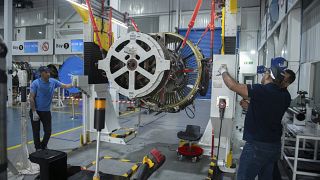
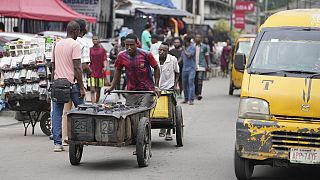



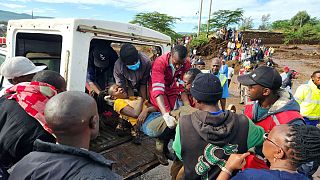
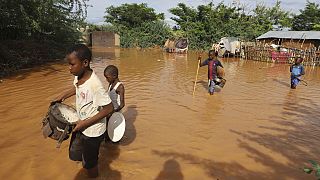
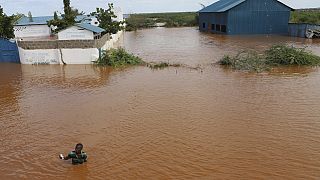
01:15
Africa: About 51 million lives saved through immunization programme - WHO
01:02
Pics of the day: April 18, 2024
01:30
UN reports widening global inequality in sexual and reproductive health and rights
01:11
UK man runs the length of Africa in 10,000 miles and 352 days
00:59
British man running length of Africa nears finish line
00:47
We are working on ways to support drought-hit African countries- IMF